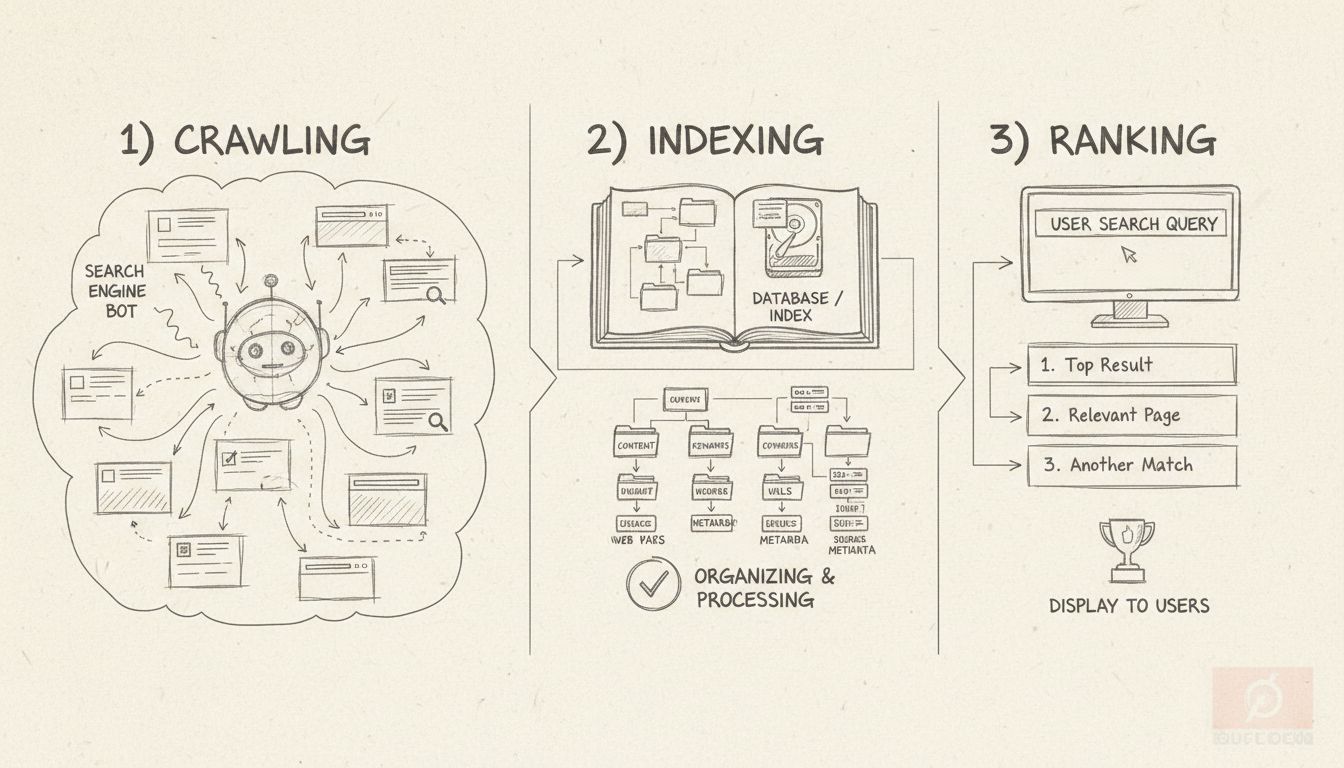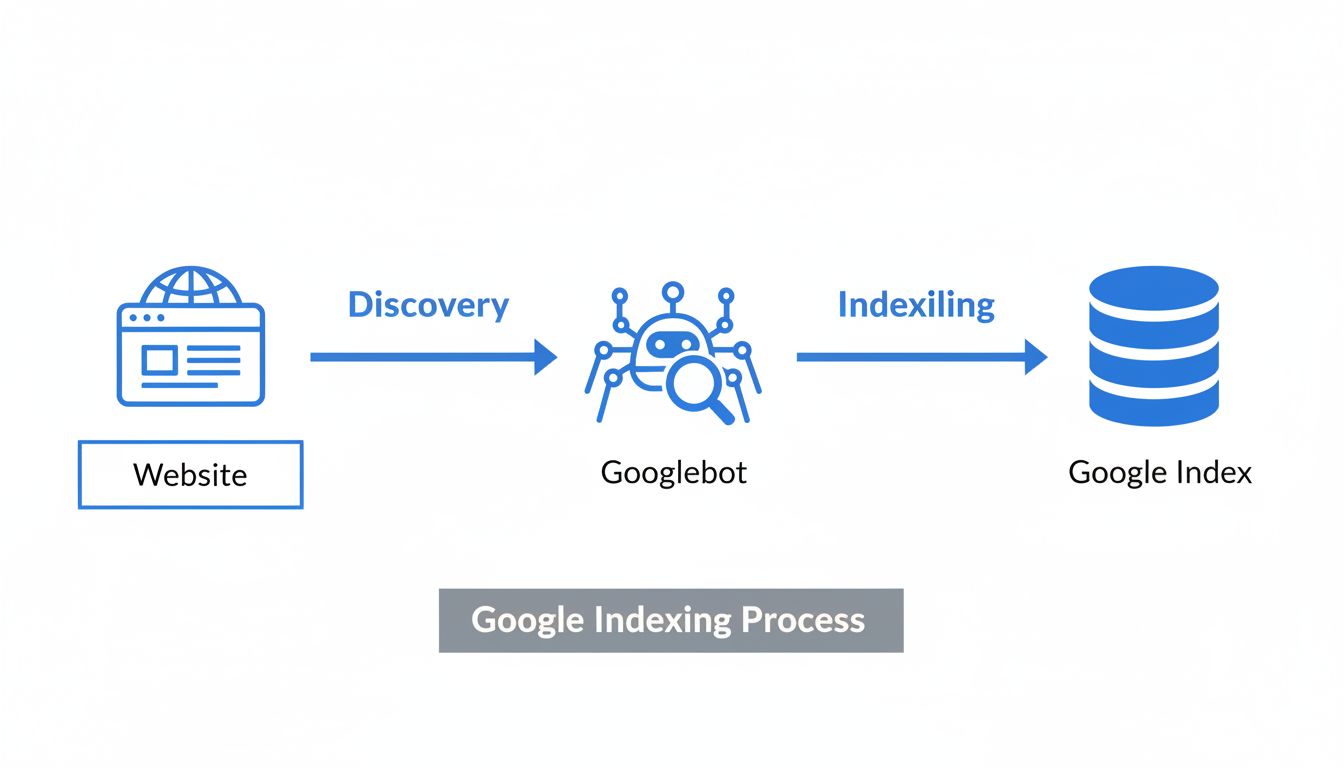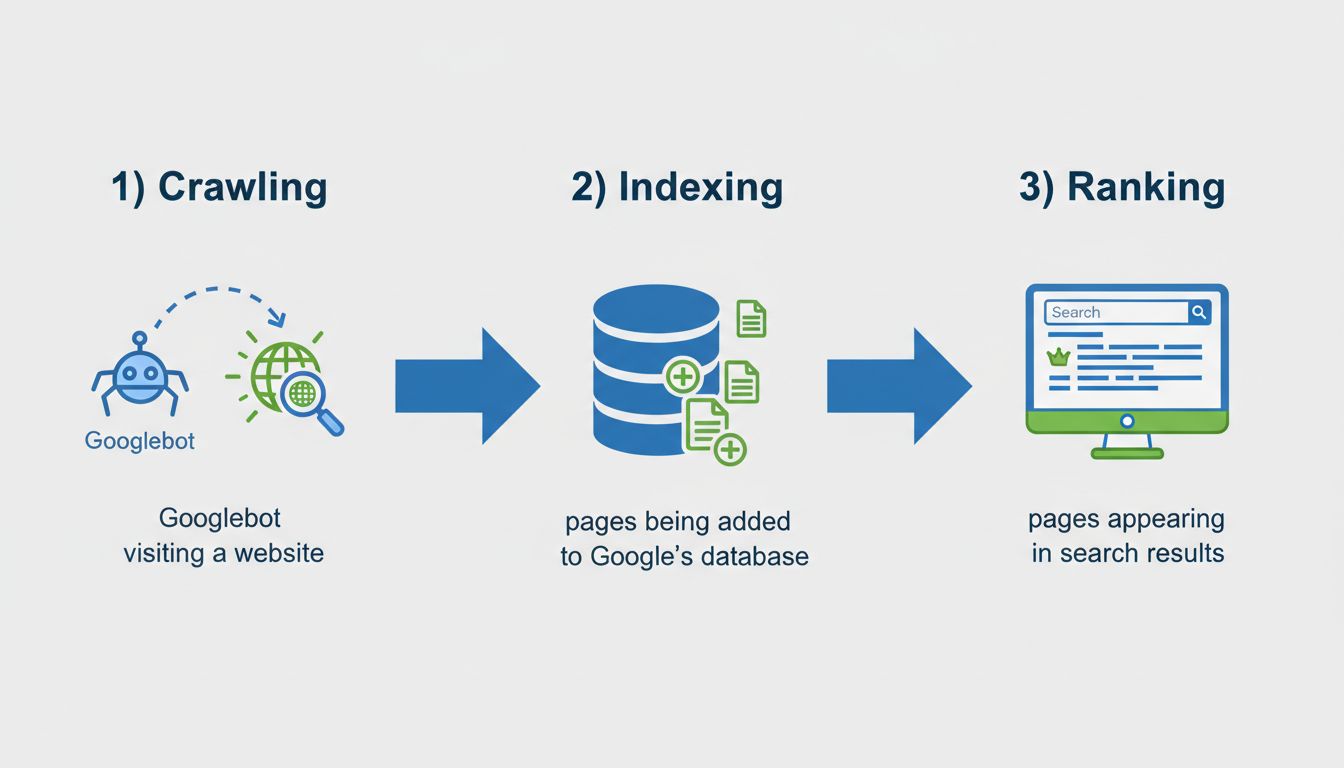
What Does Indexing Mean in SEO?
Learn what SEO indexing means, how it works, and why it's critical for your website's search visibility. Discover best practices to ensure your pages get indexe...
Indexing in the context of SEO refers to the systematic process by which search engines like Google organize, store, and manage information gathered from the web. This process is crucial for enabling rapid retrieval of web pages in response to search queries. Essentially, indexing involves creating a structured database (or index) of web content, allowing search engines to quickly locate and present relevant information to users.
The importance of indexing cannot be overstated, especially for affiliate marketers and businesses that rely on affiliate software. Efficient indexing ensures that a website is discoverable and can attract the right audience, thereby increasing visibility and potential conversions. Without proper indexing, web pages remain invisible in search engine results, which can significantly impact traffic and revenue.
For affiliate marketing websites, being indexed is not just beneficial; it’s essential. Pages that are not indexed are effectively invisible to users searching for related content, drastically limiting traffic and revenue potential. Indexed pages enable an affiliate marketing website to appear in search engine results pages (SERPs), thereby reaching a broader audience. This visibility is crucial for affiliate networks , as their success heavily relies on high engagement and conversion rates.
To ensure efficient indexing, website owners should adhere to several best practices:
Google plays a pivotal role in the indexing ecosystem. It employs sophisticated algorithms to crawl, index, and rank web pages. For affiliate marketers, understanding Google’s indexing process can provide valuable insights into improving site visibility. Tools like Google Search Console allow marketers to submit URLs for indexing, monitor site performance, and address issues that might impede indexing.
Several challenges can impact the indexing process:
Indexing is a fundamental component of search engine optimization (SEO). Without being indexed, a website cannot appear in search results, rendering SEO efforts ineffective. For affiliate marketers, optimizing for indexing involves adhering to SEO best practices, such as incorporating relevant keywords, building quality backlinks , and ensuring a seamless user experience.
SEO For Beginners Crawling, Indexing and Ranking | LinkBuilding HQ

This typically means that the page does not exist, or it cannot be found by the search engine.
There are many ways to check if your website is indexed by Google such as using Google Search Console, checking your website’s robot.txt file and checking Google Analytics.
Indexing is the process of adding a website or individual web page to a search engine's database.
Learn how optimizing your website for indexing can increase visibility, drive traffic, and maximize your affiliate marketing success.

Learn what SEO indexing means, how it works, and why it's critical for your website's search visibility. Discover best practices to ensure your pages get indexe...

Learn 7 proven methods to check if your website is indexed by Google. Use Google Search Console, site operators, URL inspection tools, and more to verify indexi...

Learn what page indexing means, why pages aren't indexed by Google, and how to fix indexing issues. Discover technical solutions and best practices for 2025.
Cookie Consent
We use cookies to enhance your browsing experience and analyze our traffic. See our privacy policy.